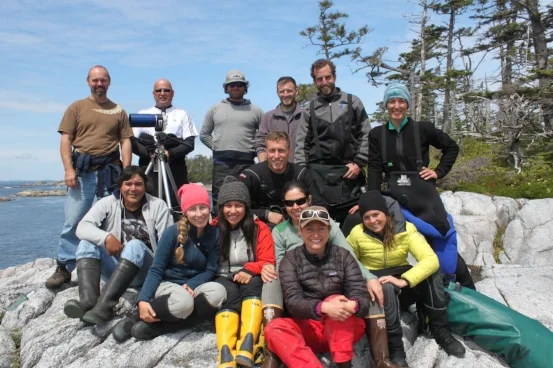We are very excited to report that Coastal Voices now has an official Hereditary Chief Steering Committee! The committee has been joined by Alaskan Sugpiaq Elder Nick Tanape Sr, and also Nuu-chah-nulth Hereditary Chief Witsitkum (Anne Mack).
Permission and guidance from Hereditary Leadership of Nuu-chah-nuulth, Haida, Heiltsuk and Sugpiaq will be a key part of this project’s governance and success! Anne and her research team will be in regular communication with this Steering Committee and the project cultural advisors, seeking their guidance and advice for all plans moving forward.











